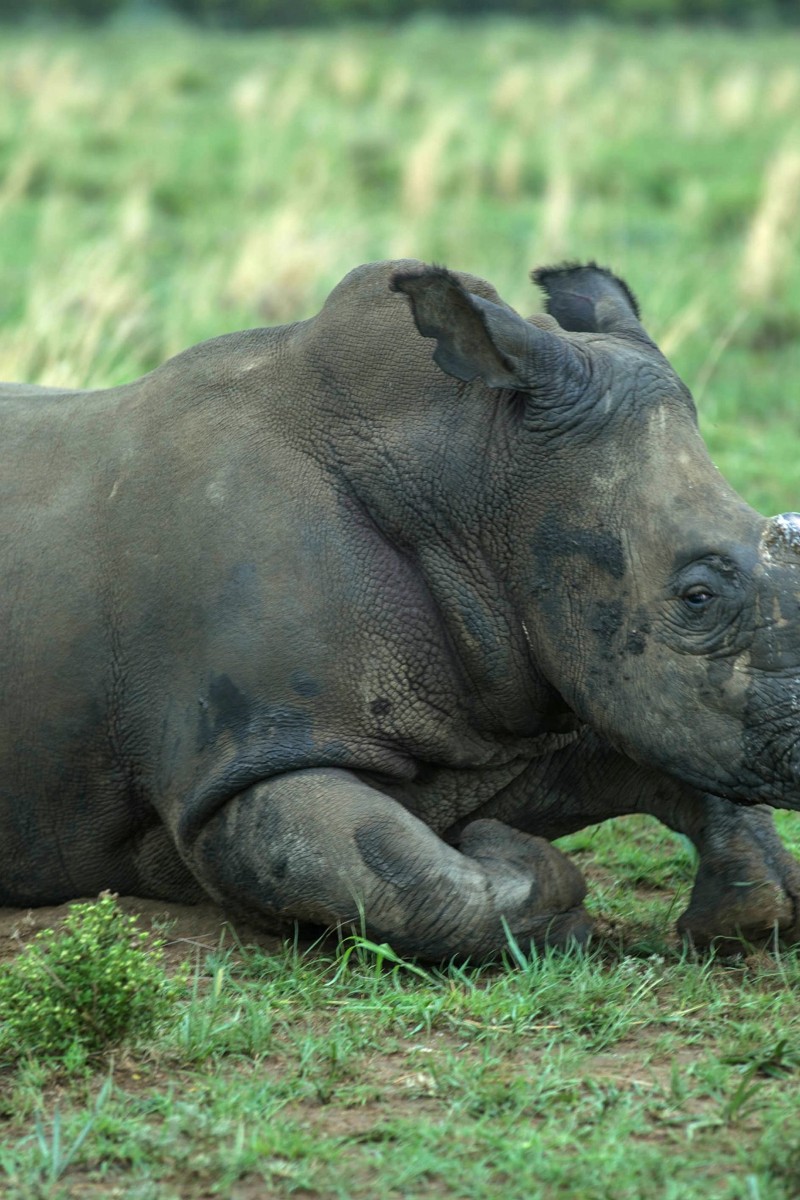
Reversal of recent decision may signal China’s ambition to be seen as a supporter of environmental preservation
 There was an easing of the ban on rhino horn and tiger bone trading in China last month, but that ban has been put back in place.
There was an easing of the ban on rhino horn and tiger bone trading in China last month, but that ban has been put back in place. China is postponing its decision to allow trading in tiger and rhinoceros parts only two weeks after the easing of the ban had raised fears the country was creating a loophole for poaching and smuggling of endangered wildlife to occur legally.
The official Xinhua News Agency quoted Cabinet official Ding Xuedong as saying Monday that the change had “been postponed after study.”
The Xinhua report said the ban on the import and export of rhino and tiger parts and their use in traditional Chinese medicine would also be maintained.
5 facts about pangolins - a critically endangered animal that's still valued in TCM
Late last month, authorities said they would allow trading in products made from tigers and rhinos under “special circumstances,” including medical treatments by doctors certified by the State Administration of Traditional Chinese Medicine and scientific research such as genetic studies.
The traditional medicinal uses of tiger bone and rhino horn have continued despite no proof of their effectiveness and the decreasing wild populations. China has also long tolerated the farming of tigers and the semi-legal sale of their parts. Farming of non-native rhinos is not known in China but the changing law raised speculation it was being planned.
Rhino horn traffickers arrested in South Africa and Hong Kong
The World Wildlife Fund said overturning the ban would have “devastating consequences globally” by allowing poachers and smugglers to hide behind legalised trade. The reversal appeared to reflect concerns over the country’s reputation as a supporter of environmental preservation. China has frequently been named as a top market for endangered wildlife products including ivory and skin from African elephants and meat and scales from the anteater-like pangolin, native to Africa and southern Asia.
An estimated 3,890 tigers remain alive in the wild, according to a report presented during the Third Asia Ministerial Conference on Tiger Conservation in 2016. Studies put the population of wild rhinos at less than 30,000, while poaching to cultivate their horns is reducing that number drastically each year.